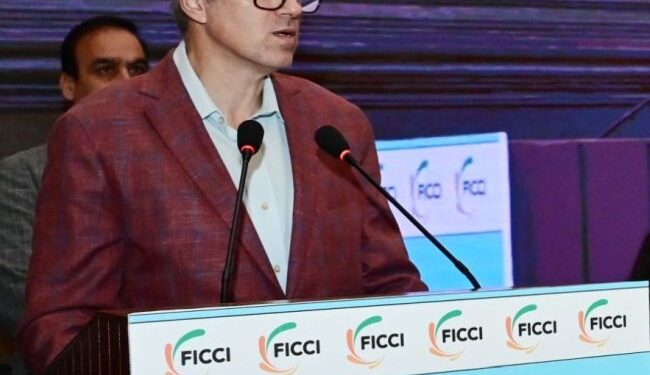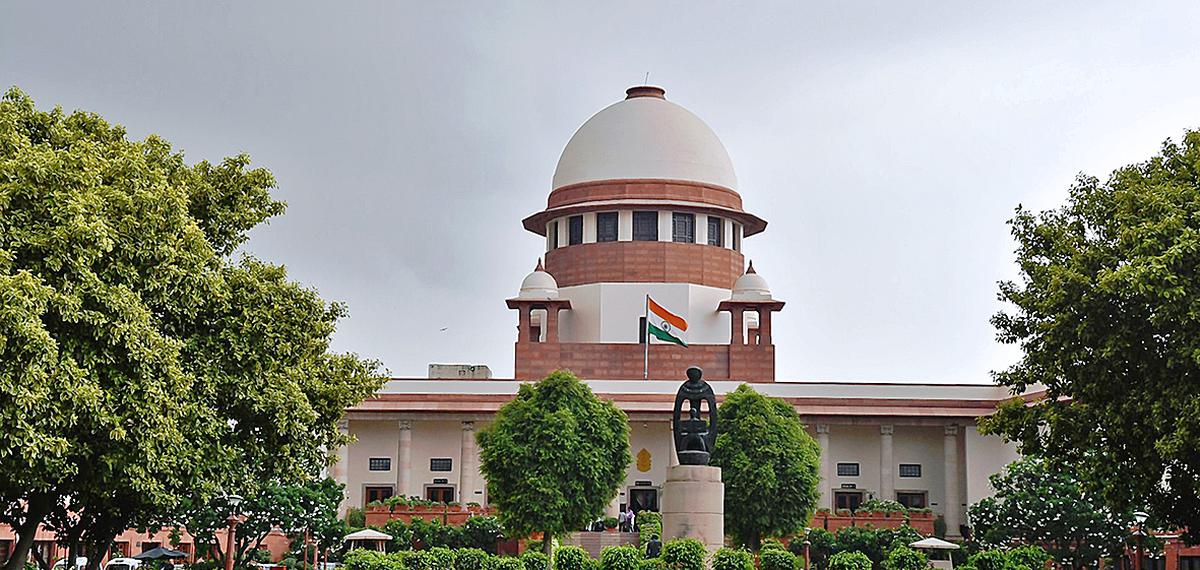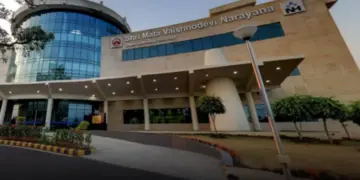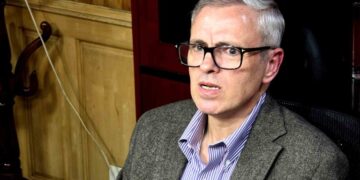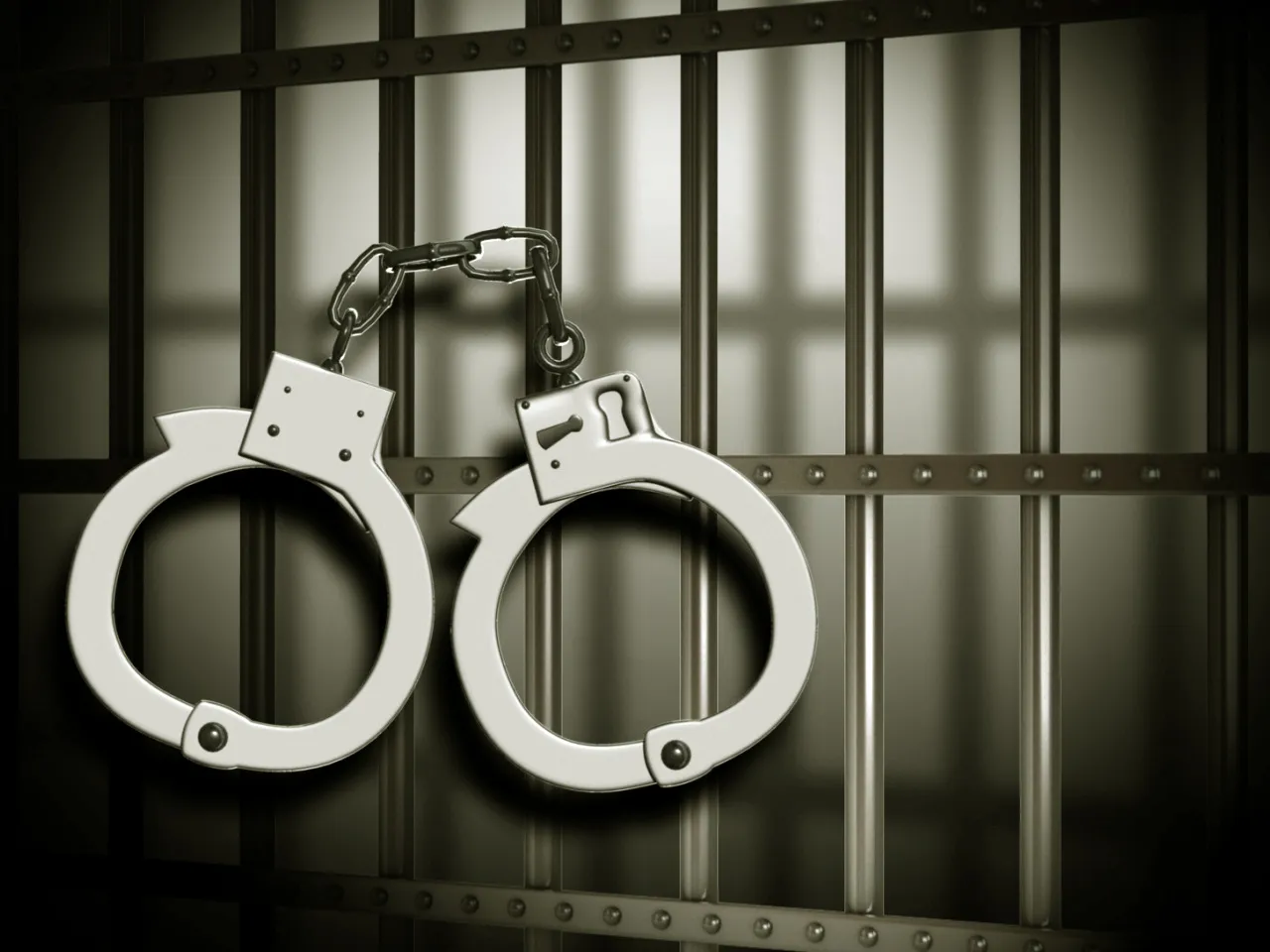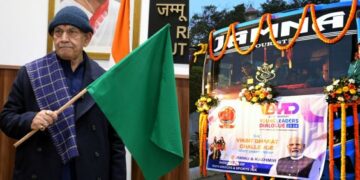Srinagar: Chief Minister Omar Abdullah on Tuesday said the agriculture sector in Jammu and Kashmir holds immense potential and requires focused attention towards value addition to unlock business opportunities across the Union territory.
“Most of the produce from Jammu and Kashmir leave the region in its raw form, with very little processing or value addition being done locally. This opens significant opportunities for industrial growth, both on the Jammu side and the Kashmir side,” Abdullah said while addressing the national executive committee meeting of the Federation of Indian Chambers of Commerce and Industry (FICCI) held here.
Citing the dairy sector as an example, the chief minister said that only about four to five percent of J&K’s dairy production is processed within the Union territory, while the rest goes unprocessed into the market.
He urged industry leaders to explore these areas for investment and growth.
Referring to the broader economic scenario, Abdullah said J&K has faced challenges due to recent natural calamities and the downturn in tourism, following the Pahalgam incident, but the administration remains optimistic about revival across sectors.
“This is not a story of pessimism but of hope and optimism. We are working hard with all stakeholders to put the economy back on track,” he added.
The chief minister informed that the government is simultaneously engaging with domestic and international tourism partners to attract visitors and revive the sector.
“Jammu and Kashmir has always been the country’s premier destination, and we are determined to sustain that legacy,” he said.
Abdullah also outlined the areas where the government is focusing on sustainable and competitive industrial growth, including agriculture, horticulture, handicrafts, electronics, pharmaceuticals, packaging and cement.
He said that new road-connectivity projects, such as the Delhi-Amritsar-Katra Expressway and four-laning of the Jammu-Srinagar National Highway, will further enhance logistics and investment potential.
Reiterating the government’s commitment to improving the ease of doing business, the chief minister invited FICCI’s inputs on policy reforms to make the state more investor-friendly.
“We are keen to learn from best practices across the country. Reforms will be guided by feedback from the industry itself,” he added.
He also called upon the corporate sector to support Jammu and Kashmir through Corporate Social Responsibility (CSR) in youth-centric areas, like sports infrastructure, libraries and skill upgradation.
He urged companies to partner with the government in upgrading Industrial Training Institutes (ITIs) and skill centres to create an employable local workforce.
The meeting was attended by FICCI president Harsh Vardhan Agarwal, senior vice president Anant Goenka, FICCI director general Jyoti Vij and former president Jyotsna Suri.
Agarwal, in his address, said the chamber “remains steadfast in its commitment to supporting the government of Jammu and Kashmir in advancing initiatives across tourism, horticulture, MSMEs, skill development, and public-private partnership”.
Goenka, who is also the president-elect of FICCI, welcomed the government’s focus on human capital development.
“The government’s focus on education, skill development and startup policy has spurred entrepreneurship and growth, especially in the last five years,” he said, adding that “we will encourage our members to invest in sports, youth and skill upgradation”.
GST rate revision to reduce tax collection of J&K by up to Rs 1,000 cr: CM
The revision in GST rates is expected to reduce the tax collection of Jammu and Kashmir by up to Rs 1,000 crore this fiscal, Chief Minister Omar Abdullah said here on Tuesday.
Addressing the national executive meeting of FICCI here, Abdullah also said that the fallout of the Pahalgam terror attack, which was a setback to the image of Jammu and Kashmir, along with heavy rains during the summer of 2025, has severely affected the economy of the Union Territory.
“The revision of GST rates alone will reduce our earnings by Rs 900 to Rs 1000 crore, and for a state like Jammu and Kashmir, which is already in deficit, it is a lot of money,” he said.
The chief minister said the torrential rains across Jammu and Kashmir from July to September have severely affected the agriculture and horticulture sectors of the union territory.
“This has been a major dent to the economy,” he added.
Abdullah said the Pahalgam terror attack was not only a setback to the tourism industry of Jammu and Kashmir but also to the perception of the region as well.
“Pahalgam was a setback to how we perceive Jammu and Kashmir as a home,” he said.
The chief minister, however, expressed optimism that things were now moving in a positive direction.
“The situation in Jammu and Kashmir, when it is good, it is very, very good, and when it is bad, it is terrible. I wouldn’t say we are at the lowest right now, but we came very close to it earlier this year. But the direction now, I would like to believe, is a positive one,” he added.
Abdullah said it would take time and a lot of effort to take back Jammu and Kashmir to the position before the Pahalgam terror attack.

